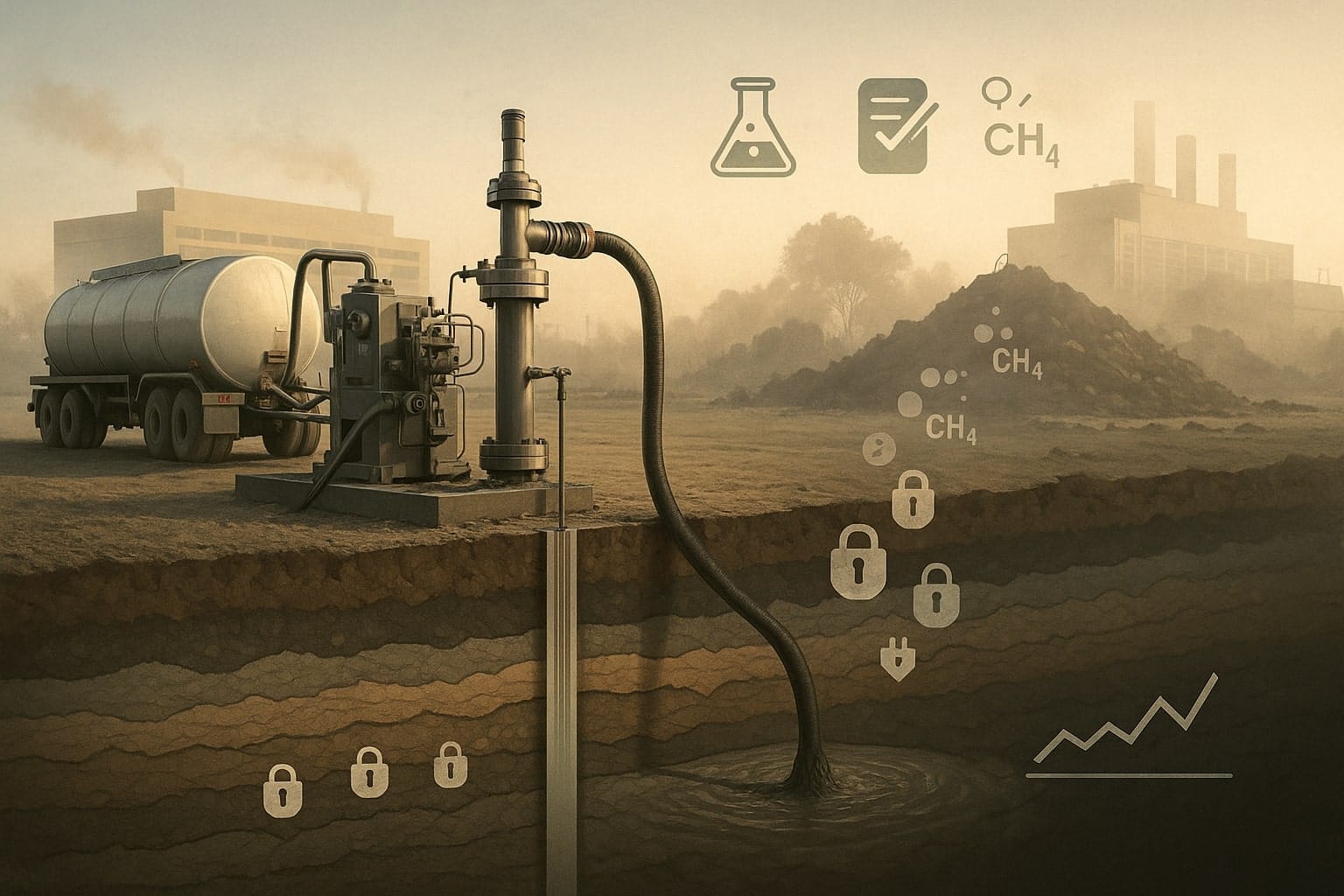The European Union has introduced a groundbreaking regulation that grants citizens the right to sue their governments for health damages caused by missed air quality targets. This policy, part of the EU’s broader climate agenda, aims to address public health risks linked to air pollution. Citizens can now claim damages if emissions limits, such as those for particulate matter (PM 2.5), nitrogen dioxide (NO₂), and sulfur dioxide (SO₂), are not met by 2030. The law sets a precedent for accountability, aligning environmental and health rights more closely than ever before.
Table of Contents
ToggleBackground and Context
The new regulation is an extension of the EU’s longstanding commitment to reduce pollution and achieve net-zero emissions by 2050. Previous policies focused mainly on setting targets, but enforcement often lagged behind. In recent years, climate litigation has become more prominent, with cases demanding stronger actions to meet climate goals. For example, the European Court of Human Rights has ruled that climate protection is a human right, allowing affected citizens to pursue legal action against governments. This law represents a significant shift towards holding governments legally accountable for air pollution-related health impacts, inspired by similar cases where individuals have successfully sued over environmental harm in countries like France, Germany, and the Netherlands.
Key Provisions of the Regulation
The new EU law enforces stricter limits on pollutants, such as reducing PM 2.5 levels from 25 µg/m³ to 10 µg/m³ and NO₂ from 40 µg/m³ to 20 µg/m³ by 2030. If a member state fails to comply, citizens can seek compensation for health damages attributed to non-compliance. This includes respiratory diseases, cardiovascular issues, and other illnesses linked to poor air quality. Additionally, the regulation enables the EU to impose hefty fines on countries that fail to meet these standards. The legislation aims to reduce the hundreds of thousands of deaths and millions of illnesses caused by air pollution annually.

Implications for Public Health
The legislation targets a significant public health issue, as air pollution causes around 300,000 premature deaths annually across the EU. The new law aims to reduce these figures by halving pollution levels by 2030 and ultimately achieving zero air pollution by 2050. Vulnerable groups like children and the elderly stand to benefit the most. However, legal experts emphasize that public awareness and effective implementation at local levels will be essential for achieving meaningful health outcomes.
Legal Precedents and Impact
The regulation is inspired by past legal victories in countries like the Netherlands, France, and Germany, where courts mandated stronger climate action. The EU’s updated policy empowers citizens to sue for compensation if air quality standards are breached, setting a significant legal precedent. Similar cases in the European Court of Human Rights have established the right to a safe environment as part of fundamental human rights, influencing broader climate litigation strategies.
Challenges and Criticisms
Despite its promise, the regulation faces criticism. Member states negotiated exceptions that could delay full compliance until 2040 under certain conditions, such as replacing domestic heating systems. Some experts worry this could weaken the law’s impact. Additionally, lawsuits can be complex, requiring proof of a direct link between missed targets and health impacts, which may limit accessibility for affected citizens.
Conclusion
The new EU regulation allowing citizens to sue over unmet air quality targets represents a major step forward in aligning public health with environmental policy. While the legal framework aims to protect human health by reducing air pollution, its success depends on effective implementation and enforcement at both national and local levels. This measure could set a global example, encouraging other regions to adopt similar policies for citizen empowerment.
However, the path to claiming damages remains challenging, as plaintiffs must establish a direct causal link between non-compliance and health issues—requiring extensive medical evidence and legal support. Despite these hurdles, the legislation offers a vital tool for citizens seeking accountability and cleaner air, potentially leading to stronger climate action and improved health outcomes across the EU.












